Think of the times that your dad was trying to drill some “simple” maths in, triggering a full-on meltdown because you really don’t get it! For some of us now, the roles might have been reserved, but with personal tech. While digital natives might have taken to tech like fish to water, some seniors might find it challenging to experiment beyond the basics of calling, using WhatsApp, and clicking snaps. Here are some apps that you can install on the devices of your loved ones, especially senior adults, to make their digital lives a bit smoother.
Protecting Information
For people unable to differentiate between authentic SMSes and phishing, smartphones become easy conduits for scams. Clicking on malware disguised as ads, and scammy links that are made to look like they’re from banks and internet providers are common ways that people lose their hard-earned money. The first step to countering this is using a browser that protects your privacy.
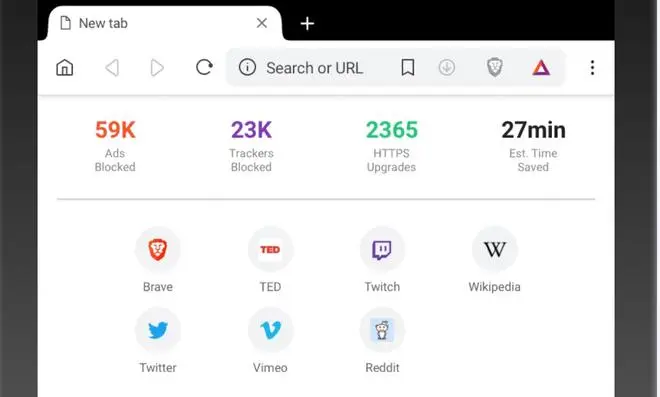
Browers such as Brave or DuckDuckGo work to serve the consumer and not the marketers. Brave, for example, blocks ads and trackers by default. Both browsers protect against online fingerprinting - a process through which websites collect enough personal data which can be used for targeted advertising, data mining, and even identity theft.
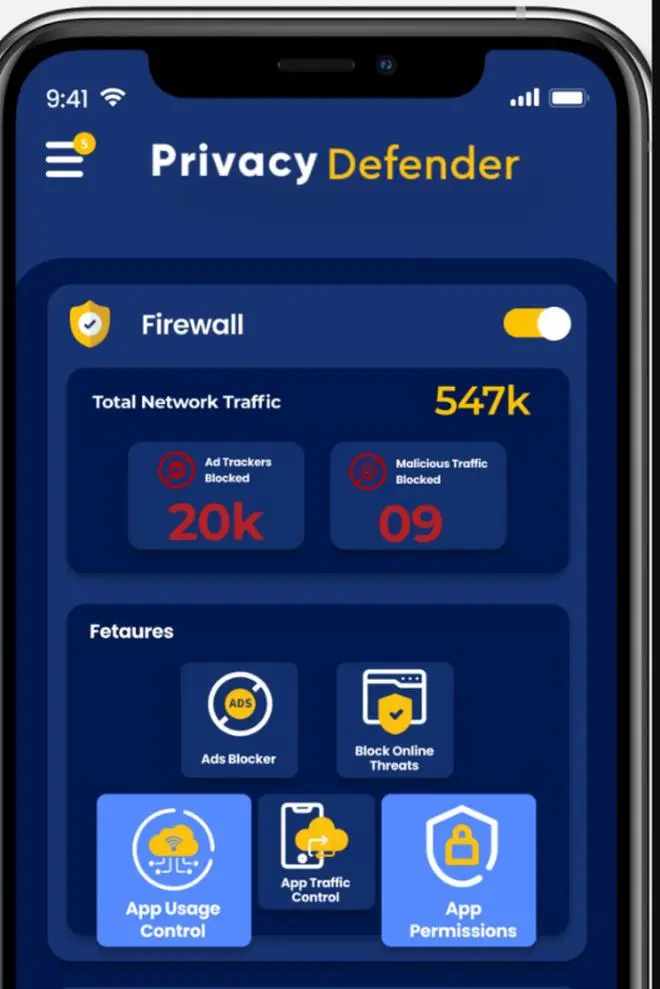
If they’re not comfortable switching over to a new browser, install apps similar to Privacy Defender and Trustd Mobile Security that check links automatically to block phishing attacks. The apps also monitor if a particular website or app is using your mic or camera without your knowledge.
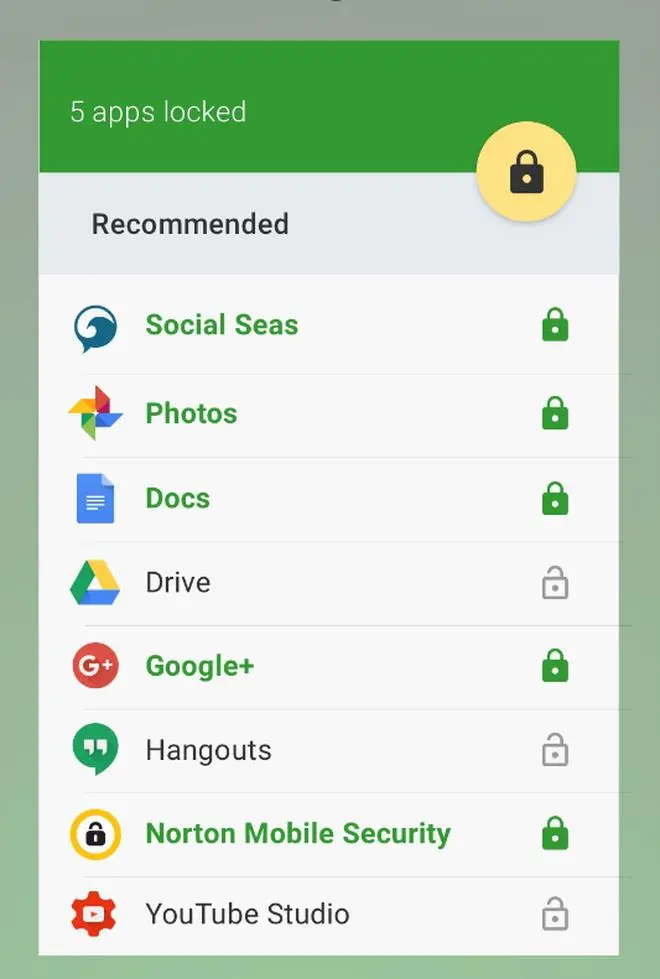
In addition to these, you can give their photo gallery, email, and banking apps an extra layer of protection with apps like Norton App Lock or AnyLocker.
Simplifying user interface
Older people might find the default font size on smartphones and tablets illegible. The user interface and the colourful matrix of icons on devices can be confusing as well, for those who struggle with visual cues.
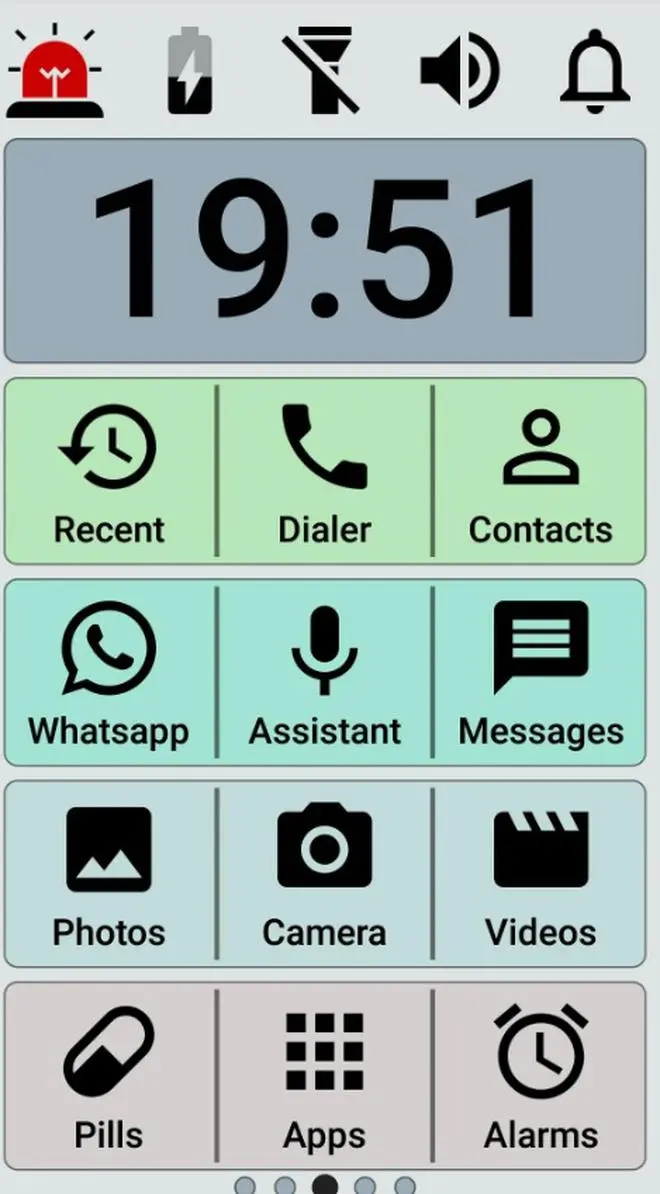
Apps such as BaldPhone, Elder Launcher, and Simple Mode streamline the user interface by visually maximising the most important functions and cutting down on UI clutter. All the apps let the user set their favourite functions on the home screen for quick access, and some even have built-in medicine reminders.
Big Buttons Keyboard is also a good option for those who find the virtual keyboard too small for their liking.
Inclusive functions
If your loved ones have low vision, live by themselves, and sometimes have trouble navigating their surroundings, they can get on apps such as Be My Eyes.
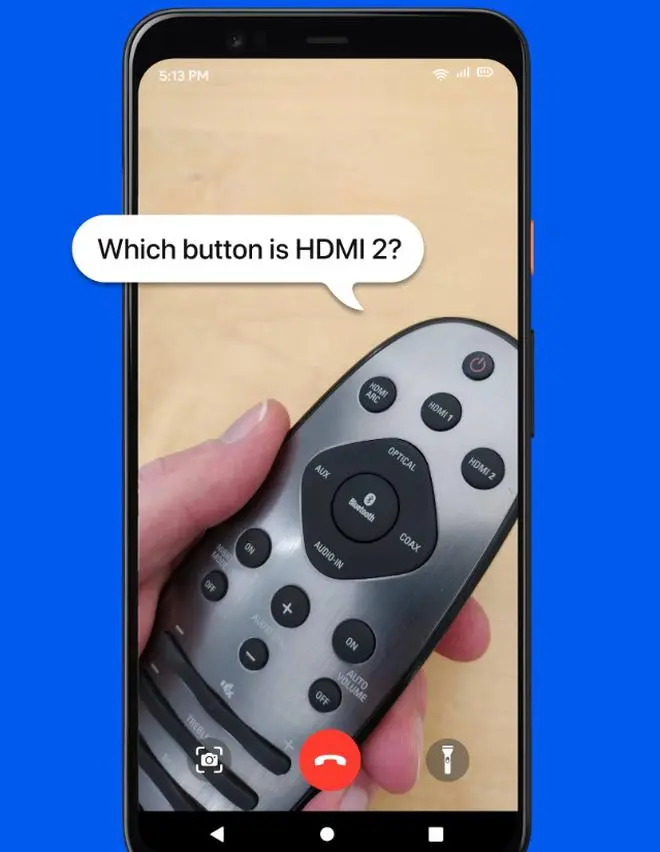
The app enlists the help of sighted volunteers online, in real time. Through the app, users can send pics and videos of objects around them, and the volunteers will help them navigate their surroundings safely.
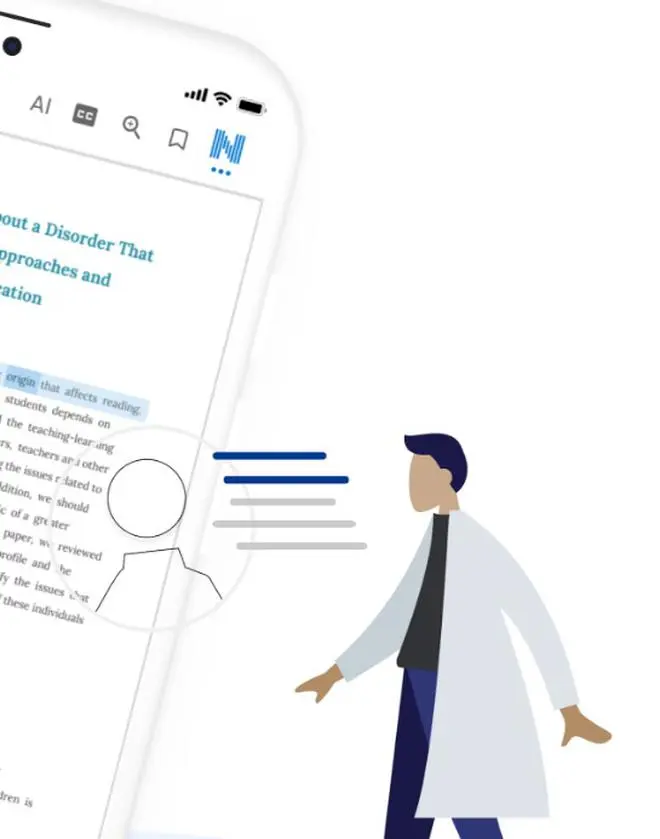
People with neurodivergence or with a hearing impairment stand to benefit from apps like Voice Dream Reader or NaturalReader which will help them listen to PDFs, websites, and books using text-to-speech. A built-in scanner also helps them quickly scan documents, even in low light, and have the information read back out loud to them on their smartphone or tablet.
Mental jogs
Encouraging them to use their devices for entertainment beyond WhatsApp forwards and YouTube videos can reap big benefits. Designed to keep our cognitive wheels well-oiled and chugging along nicely are apps like Train Your Brain and Lumosity. Both apps offer games, quizzes and challenges to exercise your short-term memory functions, problem-solving skills, logic, and reasoning.
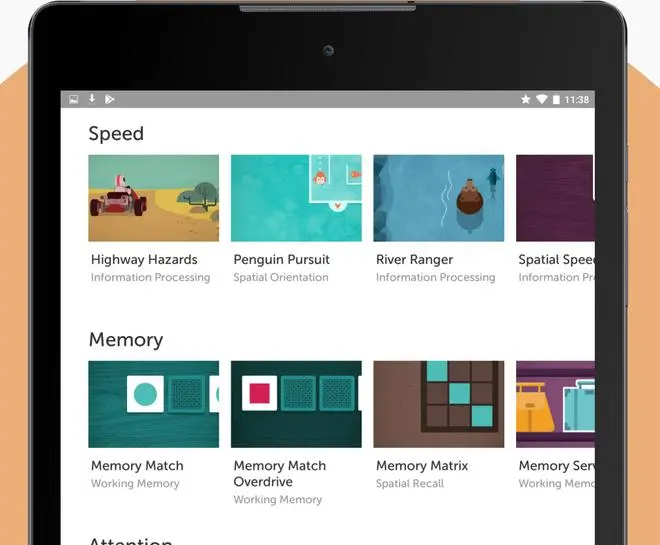
The apps also keep track of how much better you’re getting at each of these skills, across weeks, giving your loved one a solid sense of progress over time.





Comments
Comments have to be in English, and in full sentences. They cannot be abusive or personal. Please abide by our community guidelines for posting your comments.
We have migrated to a new commenting platform. If you are already a registered user of TheHindu Businessline and logged in, you may continue to engage with our articles. If you do not have an account please register and login to post comments. Users can access their older comments by logging into their accounts on Vuukle.